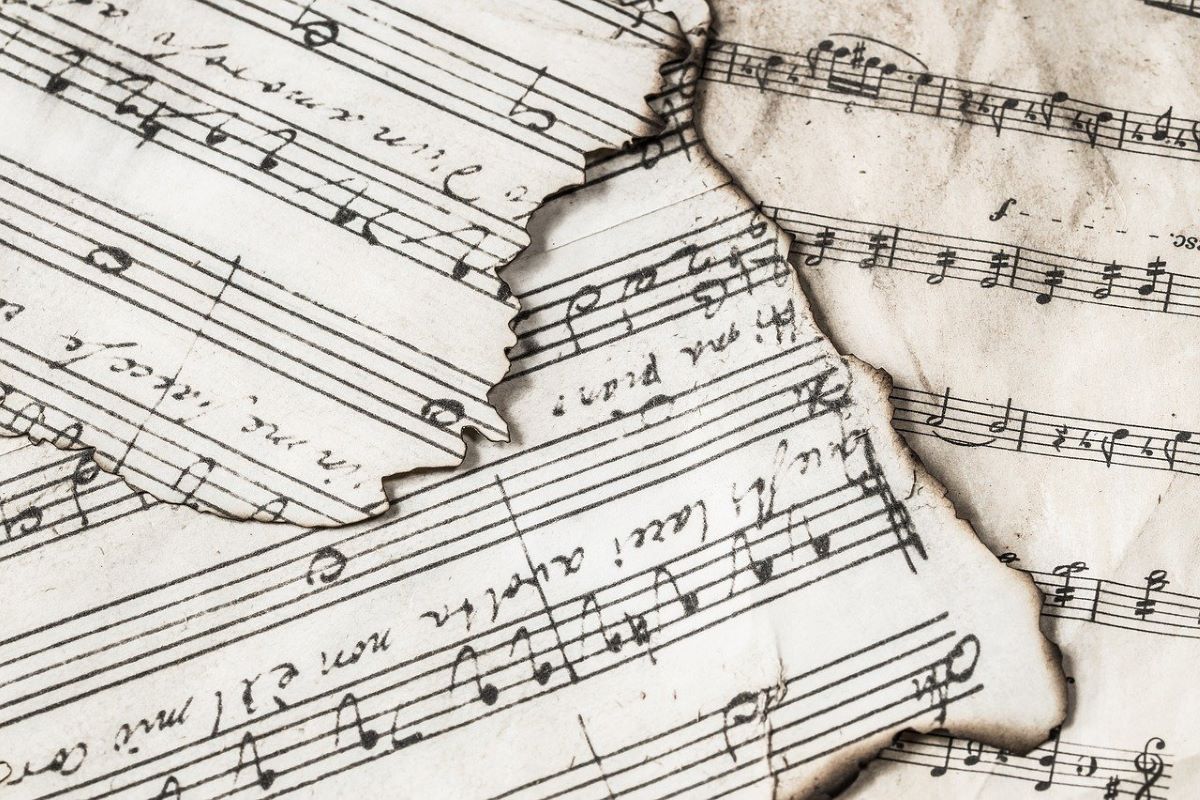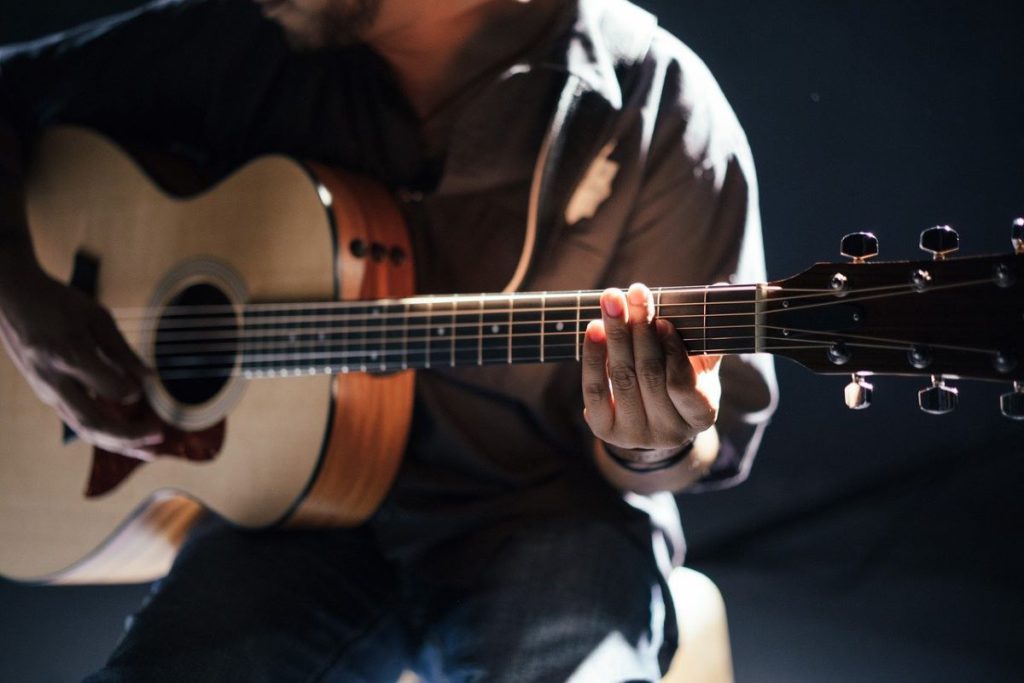Music has become like food to our souls. No activity seems complete without your favourite songs to create the perfect mood for the event, whether it is work or leisure. Here are some ways to make a real difference through music.
Attend music jams, where you get to watch folks of varying levels playing informal, jamming music together. Go with a few friends, and listen to different musical performances to learn a bit more about music. Try to incorporate some practice sessions into your routine to try to play your favourite songs or take some time out to listen to the songs you like to get inspired by them.
You can study techniques on your instrument, find millions of songs, practice to 1/2 or 3/4 speed (using musical files or online videos), and listen to music deeply whenever possible. If you are a teacher, there are many ways you can introduce music into your class that requires no teaching. Music stores and centres often offer group classes focusing on various instruments and genres. Music schools are also adding group classes to their offerings, which may be a relief for individuals who feel that individual tuition is too intensive.
Music educators have such a unique role to play in the lives of their students. When students are enthusiastic about music, they are capable of inspiring others and making a difference in the world. Music is an important element to children, touching every aspect of how a child is learning. Daily musical experiences in childcare make a number of valuable connections for our child’s verbal skills, memory, physical activity, creative thinking, emotional stability, discipline, and emerging academic success.
 Moreover, there is an increasing body of research and other empirical evidence suggesting that structured, successful music education makes a positive difference to the well-being of adults and children over the life course. These benefits are intellectual, emotional, physical, and social, in addition to musical and cultural. As brain studies begin to confirm the importance of learning through music, we should continue to look for helpful ways to make the gifts music provides a staple in our everyday lives.
Moreover, there is an increasing body of research and other empirical evidence suggesting that structured, successful music education makes a positive difference to the well-being of adults and children over the life course. These benefits are intellectual, emotional, physical, and social, in addition to musical and cultural. As brain studies begin to confirm the importance of learning through music, we should continue to look for helpful ways to make the gifts music provides a staple in our everyday lives.
The world is filled with millions in the same boat, wanting the opportunity to learn more, share what they have learned so far, and create music with others. The good thing is that music blockchain has now made it easier for artists to reach out to their audience. You don’t have to be counting on a major label to launch your very first album. Try to learn more about crypto music to understand how the new technology works to come up with the right strategy to start your music career journey.
Always remember that music helps mostly indirectly, but these benefits still have a huge impact. Music may boost attention, as indicated by a study that shows that music – especially classical music, can help your brain more readily take in and process new information.
The researchers have found evidence that suggests that music could involve your brain in such a way that trains it to notice events better and to make predictions about what could happen. Although certain types of music can lower reading comprehension, for instance, fast-paced, noisy, lyrical music may make reading difficult to comprehend and digest.
If you are already having trouble processing more than one piece of information, listening to music may make the process more difficult. Well, if you are struggling to make sense of new material, listening to music might make that process easier.
We can alleviate much of the stress by having a daily practice of listening to and singing, moving around the music, and exploring the sounds of instruments. Moving to music, dancing, playing instruments, and experimenting with materials that produce sounds are all beneficial for toddlers’ development. Songs, instruments, and instrumental music are great ways to build toddlers’ listening skills and an appreciation for different words and musical pitches.
Musical notes can help teach fractions, changing instruments while playing the same song can help teach patterns, and using pitches can help with frequencies and ratios. Students could listen to a simple melody, track notes on the musical stuff, count how many times each note occurs, and plot the results. In classical music, instrumentalists, vocalists, or conductors might make incremental changes in a piece of phrasing or pace.
Different interpreters of the same musical work can differ greatly, both in terms of tempos chosen and the playing or singing style or melody phrasing. As the musical piece is performed, interpretations of a song or a part may develop and change.
In folk music and traditional music, a performer has much greater freedom to make changes in songs. As a result, in both the folk and mainstream styles of music, even if the band is playing a cover, they may choose to make changes such as adding a guitar solo or putting an intro.
Musical performances have taken on varying forms across cultures and socioeconomic environments. People can pursue music as a hobby, such as a teenager playing the cello in the junior orchestra, or they can pursue careers as professional musicians or singers. You might strive to play comfortably with others, learn to read and play music, start a band, perform publicly, or record your own music.
Quality music education and performing arts training teach discipline, develop confidence, and set the stage for life. Students develop knowledge, understanding, and application of early, intermediate, and advanced skills in choir through weekly rehearsals and performance projects integrated with other musicians and music ensembles, such as an African drum group, a jazz ensemble, and a chamber orchestra. Students study and perform choral repertoire from the main choral orchestra pieces to jazz arrangements and music from around the world.
In a nutshell, in order to create a major impact through your music, it is extremely important to dive deeper into the subject and learn the final details that can make the tunes and lyrics stand out from others and make people generally feel happy about themselves.





